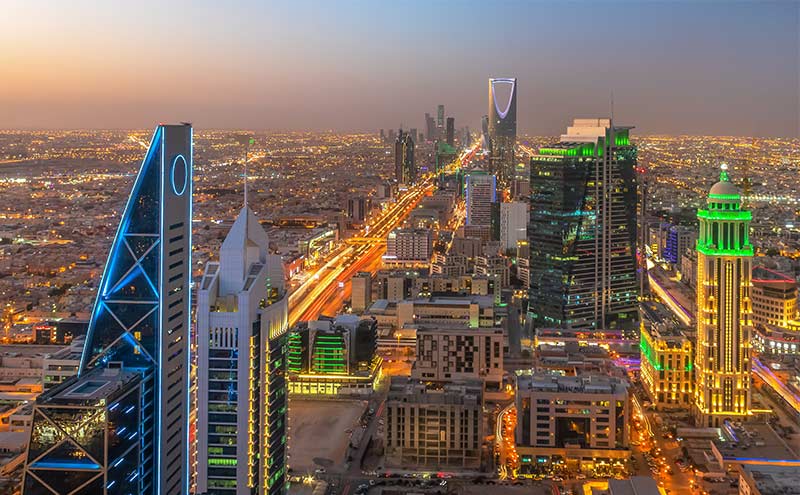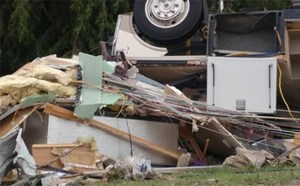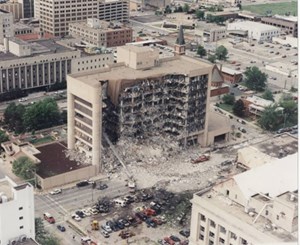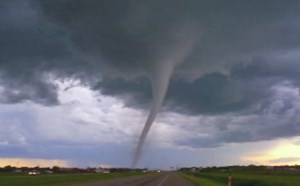
Saudi Arabia, Transformations and Disaster Medicine
The Kingdom of Saudi Arabia has always been an exemplification of exotic. It has maintained an air of historical and cultural romanticism[1] from the stately Arabian horse to the country’s role in the development of modern world culture. A culture that in many ways is distinct to the United State: kingdom vs. democracy, Islamic vs. religious pluralism, arid vs. lush, the list could go on. But despite these contradictions, our healthcare institutions have a long history of collaboration. The standard of care between the two counties is very similar. There is a 30-years history of Saudi medical students seeking residency in North America, many of them returning to ‘Saudi’ to take clinical, leadership and educational positions. Our long-term military alliance has also led to medical associations. Academic partnerships abound. Emergency medicine is an accepted and respected specialty.
Saudi Arabia is undergoing a rapid, intentional and profound cultural, social and economic transformation. Known as ‘Saudi Vision 2030’ it has 96 strategic objectives in 13 Programs to ‘modernize Saudi society’[1]. The underlying vision sets ambitious goals, diversify its economy, better align its norms with international standards, ‘fostering the values of tolerance, moderation, perseverance and determination,’ to name a few. Of particular interest is the ‘feminization program’ which seeks to ‘recalibrate gender balances,’ exemplified by the goal of having seventy percent of women in the workforce and the recent legalization of women driving.[2],[3] Shocking to western cultural norms as its current and past situation maybe, the programs, do represent a major step in empowerment and human rights. From a healthcare perspective the vision seeks to transform healthcare: expanding access to health services, improving quality and efficiency and address many acute and chronic health problems. Within this paradigm the improvement of disaster preparedness and preparation for humanitarian crisis is nested.
I was asked by the Saudi Critical Care Society to speak on disaster medicine in February of 2020, at their 11th Annual conference and along it the 1st International Military Medical Conference. These lectures were focused on physician and military medical services leadership, the latter representing an integral part of the clinical care in the country. Given the surrounding regional political disharmony, armed conflicts and associated humanitarian crisis, the collective healthcare consciousness over disaster medicine has been elevated, prompting my invitation. There has also been a related interest in CBRN threats given some of the more egregious regional military events of the last decade. Additionally, given the large number of Syrian refugees in Saudi Arabia, estimated by some as many as 2.5 million, interest in humanitarian crisis and the unique medical concerns of these populations are also at the forefront of interest of the healthcare community.[4] It is likely these unique healthcare challenges will not abate any time soon, with the possibility of worsening health conditions for the region. These challenges represent an opportunity for those of us with disaster expertise to share best practices where they are greatly needed. Additionally, it must be acknowledged that many perceived negative perspectives exist on non-medical issues. But to those of us believing in health as a human right, we must put the needs of the population above our personal concerns. Political and social change should no come at the expense of health. Saudi’s, like everyone, deserve the best health care, and that should motivate us to share our expertise on disaster medicine with our medical colleagues
References
- ‘Vision 2030’ Kingdom of Saudi Arabia. Learn More
- ‘Saudi Arabia fast-tracks its feminization program’, Women 2030. March 2018. Learn More
- ‘Saudi women on the road to Vision 2030’ Saudi Gazetter, April 14, 2019. Learn More
- 4 ‘2.5m Syrians hosted by KSA since uprising’ Arabnews. September 2015. Learn More
By Stephen Morris, MD



